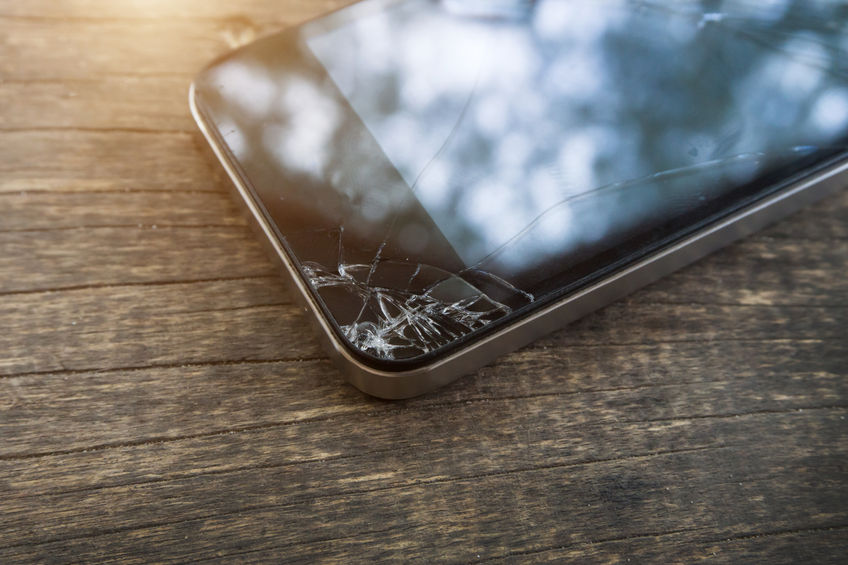Self-healing smartphone screens could come from new kind of polymer

INQUIRER.net stock photo
Anyone who has dropped their smartphones and cracked the glass know the headache and cost that come with getting it repaired. Scientists working on a new type of polymer may have found the solution to giving smartphone screens the ability to fix themselves.
According to a study published on Science via The Guardian, University of Tokyo researchers are developing a polymer that could self-repair cracks on smartphone screens. All it would need is a little applied pressure from the user’s fingers.
The scientists call the polymer “polyether-thioureas” and it was discovered accidentally by graduate school student Yu Yanagisawa.
The name’s a bit of a tongue twister so marketing people may need to come up with a catchier nickname should the self-healing screen become commercially available.
Yu Yanagisawa had been working on materials to use as a glue when he noticed some unusual activity. He saw the surface of the polymer reconnect after being cut. All it needed was some manual compression for around 30 seconds at a room temperature of 21 degrees Celsius. Afterwards the polymer would reform into a clean sheet.
Further tests found the material could regain its former shape in just a couple of hours.
In an interview with Japanese network NHK, Yanagisawa said, “I hope the repairable glass becomes a new environment-friendly material that avoids the need to be thrown away if broken.”
According to the researchers, existing self-healing materials require high temperatures to induce self-repair. However, the polyether-thioureas is the first polymer developed that could self-heal in room temperature.
Apart from saving consumers the trouble of paying for expensive repairs or putting up with a broken phone screen, a self-healing display could also help reduce e-waste from smartphones. Alfred Bayle/JB
RELATED STORIES:
Fingerprint scanners may soon appear embedded in smartphone screens
Chinese woman gets iPhone refund twice; Face ID kept recognizing her colleague
New flash chip may give smartphones computer-like storage capacity